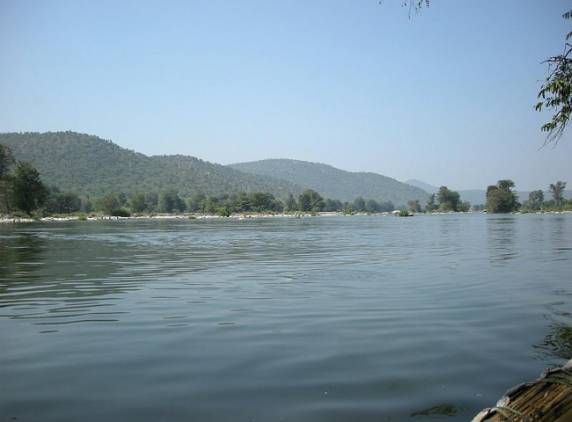BANGALORE: Residents of 110 villages which were brought into the Bruhat Bangalore Mahanagara Palike (BBMP) fold a few years ago, will have to wait indefinitely for piped drinking water supply.
The reason: a proposal to supply Cauvery water to these areas, submitted by the Bangalore Water Supply and Sewerage Board (BWSSB) to the Centre in 2009, has been all but scrapped.
Instead, the Centre has asked BWSSB to look out for alternative sources of water, instead of the Cauvery, and also to update the city’s population statistics with the latest 2011 data. The BWSSB proposal had cited 2001 census figures in its original proposal.
Approval was also withheld to prevent BWSSB from exhausting its existing sources of water, which are expected to help meet demand till 2020, factoring in the population rise till then.
Currently, BWSSB draws 19 tmcft of Cauvery water. The proposal for 110 villages envisaged drawing an additional 10 tmcft of water.
Besides the Cauvery, the only source from which BWSSB was drawing water for the city till recently was Thippagondanahalli reservoir. However, the reservoir has gone defunct. T Venkataraju, engineer-in-chief of the BWSSB, only said discussions are under way to identify alternative sources of water.
Though there have been proposals like drawing water for the city from Yettinahole, near Sakleshpur, and Linganamakki, none have reached even the drawing board stage.
The plight of these 110 villages finds an echo in several areas of the seven CMCs which were also merged with the BBMP. Though Cauvery Stage IV Phase II was expected to bring water to these erstwhile CMC areas, residents of most localities here complain that Cauvery water supply is still elusive.
Contaminated groundwater is the real threat
For now, most of these 110 villages will have to rely on groundwater. However, it comes with the inherent danger of contamination. The Karnataka High Court had, a month ago, even directed the state government to ensure safe drinking water to these areas.
BWSSB had collected samples from 617 borewells in these 110 villages and found that contaminated water was flowing out of 168 wells in around 50 villages. The water samples were found to have a high content of impurities, like chloride, fluoride, nitrates and other substances.
T Venkataraju, BWSSB engineer-in-chief, told TOI that BWSSB was supplying water through 30 tankers to the 50 villages where groundwater is contaminated.
The BBMP has floated a tender to set up water treatment plants in these villages and by December, installation of treatment plants will be completed. According to the Palike health department, it is yet to receive any complaints of people falling sick due to consumption of contaminated water in any of the 110 villages.

